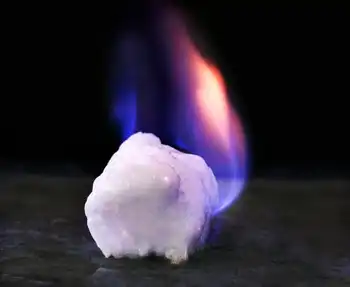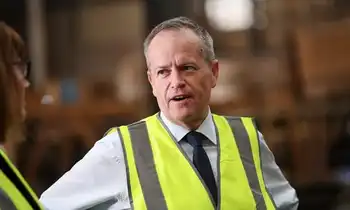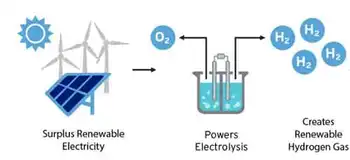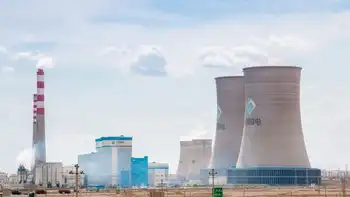Innocent ratepayers caught in grow-op war
But those cost-recovery fees vary by thousands of dollars. In Mission, the bill for an inspection is $5,200, but Surrey assesses a fee of $3,200.
Mission resident Stacy Gowanlock, who was given a bill for $5,200 after his property was inspected, said he believes Mission charges more because the municipality is strapped for funds. He has been unable to find out how Mission arrives at its fee.
Mr. Gowanlock said he paid $350 for a six-hour home inspection when he bought the house. "They were here for 15 minutes and it was $5,200," he said.
Ten municipalities in the Lower Mainland have safety inspection programs that send inspectors armed with BC Hydro statistics on abnormal energy consumption into homes. In addition to Surrey and Mission, Richmond, Coquitlam, Langley, Langley City, Abbotsford, Pitt Meadows, Chilliwack and Port Coquitlam use the inspection process.
The safety inspections came about as a result of concerns over grow-ops that pose electrical hazards from faulty wiring and the overloading of residential electrical circuits.
Critics say the safety inspections are a substitute for police raids of suspected grow-ops. Police cannot enter a home without reasonable grounds for believing that they will find illegal activity. However, safety inspectors can just go in and look around. If they find a grow-op, they call police, who are usually waiting at the curb.
BC Hydro said 15,213 residential accounts last year had unusually high power consumption, a figure that includes farms, multifamily dwellings and home-based businesses, as well as single-family homes. About one-third of the high-consumption accounts are in the Lower Mainland.
The 10 municipalities conducted 3,528 inspections between 2005 and 2009. Safety violations associated with grow-ops were found in 2,311 homes, Surrey Fire Chief Len Garis said in an interview.
However, many of the homeowners who were inadvertently caught in a crackdown on marijuana grow-ops say they were doing nothing more than using power to run their hot tubs, baseboard heaters or air-conditioning units.
Mr. Gowanlock has a 4,500-square-foot home with six children, landscape lighting, a hot tub, a pool and a 1,200-square-foot shop that is used as a pool house and to store a boat. He has been fighting city hall for more than a year over the inspection fee. In recent months, he has heard from more than 100 homeowners in Mission who were also inspected and assessed a fee, although they were not charged with doing anything illegal.
Mr. Gowanlock said he is now speaking to lawyers about launching a class-action lawsuit, challenging the right of a municipality to inspect his home as if it were a crime scene and to impose a fee. He felt he was being fined for something he did not do.
"They [the safety inspectors] are violating the rights of many people," Mr. Gowanlock said in an interview. "The city should not be fighting crime. They should be allowing the RCMP to conduct their own investigation. [The RCMP] are trained professionals, whether it involves drugs or firearms. [The inspectors] are untrained."
Micheal Vonn, policy director of the B.C. Civil Liberties Association, said the inspections appear to be "an end-run around the need for a criminal warrant," with police often waiting outside while safety inspectors go into the homes. "It's not about safety," she said.
Ms. Vonn said she believes the inspectors need an administrative warrant before entering a home. They have to show the evidence to somebody, to go through a process of review for the city to assess it, she said. "This is what we think is required."
Municipalities say the fee is imposed only when evidence of a controlled substance is found on the property, Ms. Vonn noted. But when inspectors fail to find marijuana plants, they have pointed to mud from potted plants, mould and hooks on the wall as evidence of a grow-op and the grounds for assessing the fee, she said.
The association has also received a complaint about a fee based on an empty room that inspectors found to be suspicious. The room was empty in order to be painted for a new baby, Ms. Vonn said.
Mission Fire Chief Ian Fitzpatrick said the inspection fee is assessed "if there are enough observations made and the team believes that the property is in violation of the Controlled Substance Property bylaw."
The indication of a violation could include alterations to the structure of the house, vent holes, new drywall, mould, alterations to the gas lines, remnants of plants, and soils or fertilizers.
Chief Fitzpatrick also said no fees are levied if a legitimate reason can be identified for higher-than-normal electricity usage. The fees are meant to be brought only against those who are violating the regulations, he said.
Surrey has collected $5.3-million in fees from the inspections. Chief Garis said the inspections are conducted at no charge if inspectors do not find any problems with electrical safety or alterations to the building that have been made without a permit. "If there is something found that is wrong that is associated with a controlled substance, then the full effects of the inspection will be charged," he said. "It's not a fine, it's a cost-recovery fee," he said.
Mission has collected almost $1-million in fees since introducing the safety inspections in September of 2008.
Related News

Climate Solution: Use Carbon Dioxide to Generate Electricity
LONDON - The world is quickly realizing it may need to actively pull carbon dioxide out of the atmosphere to stave off the ill effects of climate change. Scientists and engineers have proposed various techniques, but most would be extremely expensive—without generating any revenue. No one wants to foot the bill.
One method explored in the past decade might now be a step closer to becoming practical, as a result of a new computer simulation study. The process would involve pumping airborne CO2 down into methane hydrates—large deposits of icy water and methane right under the seafloor, beneath water 500 to…





